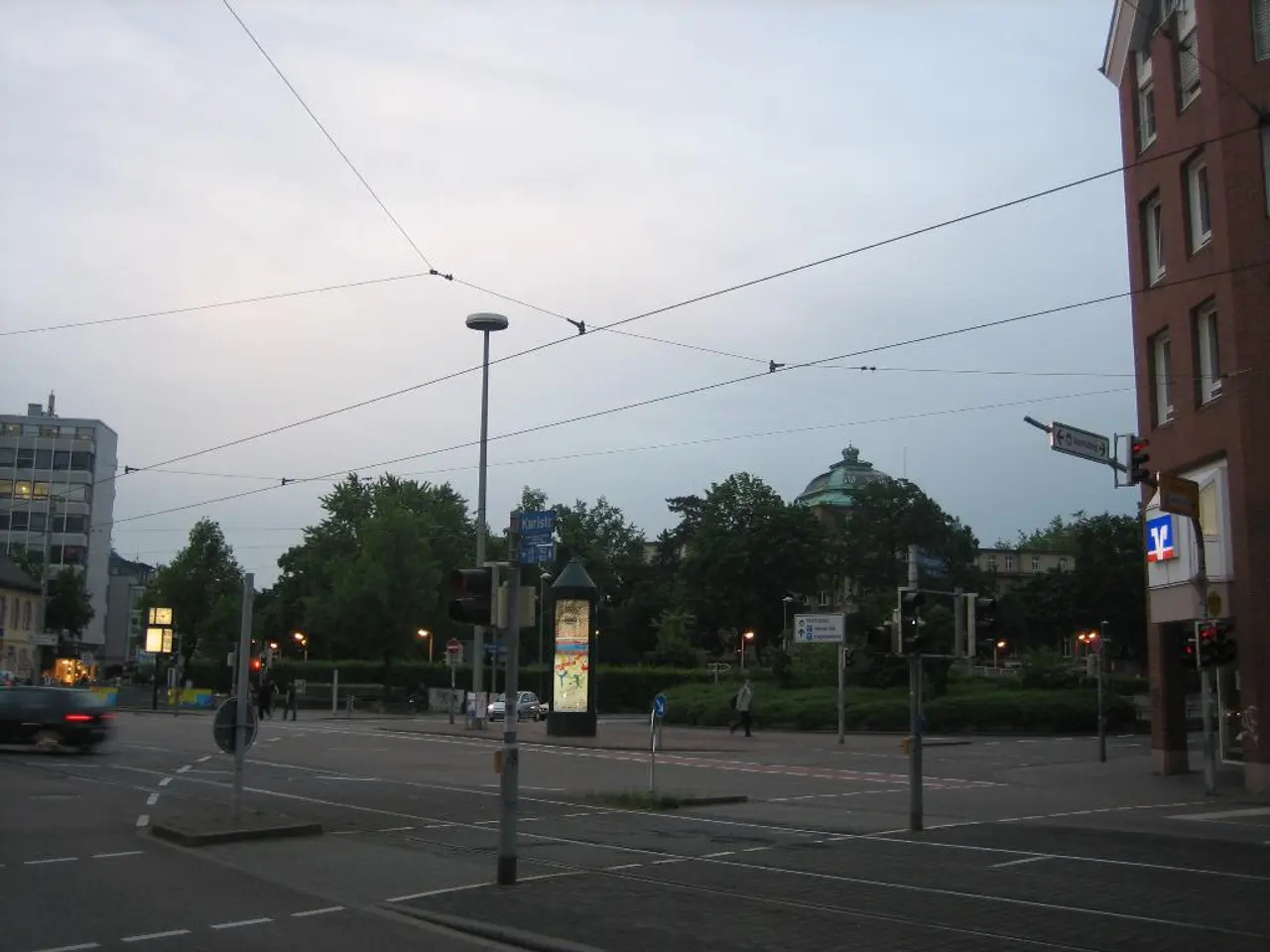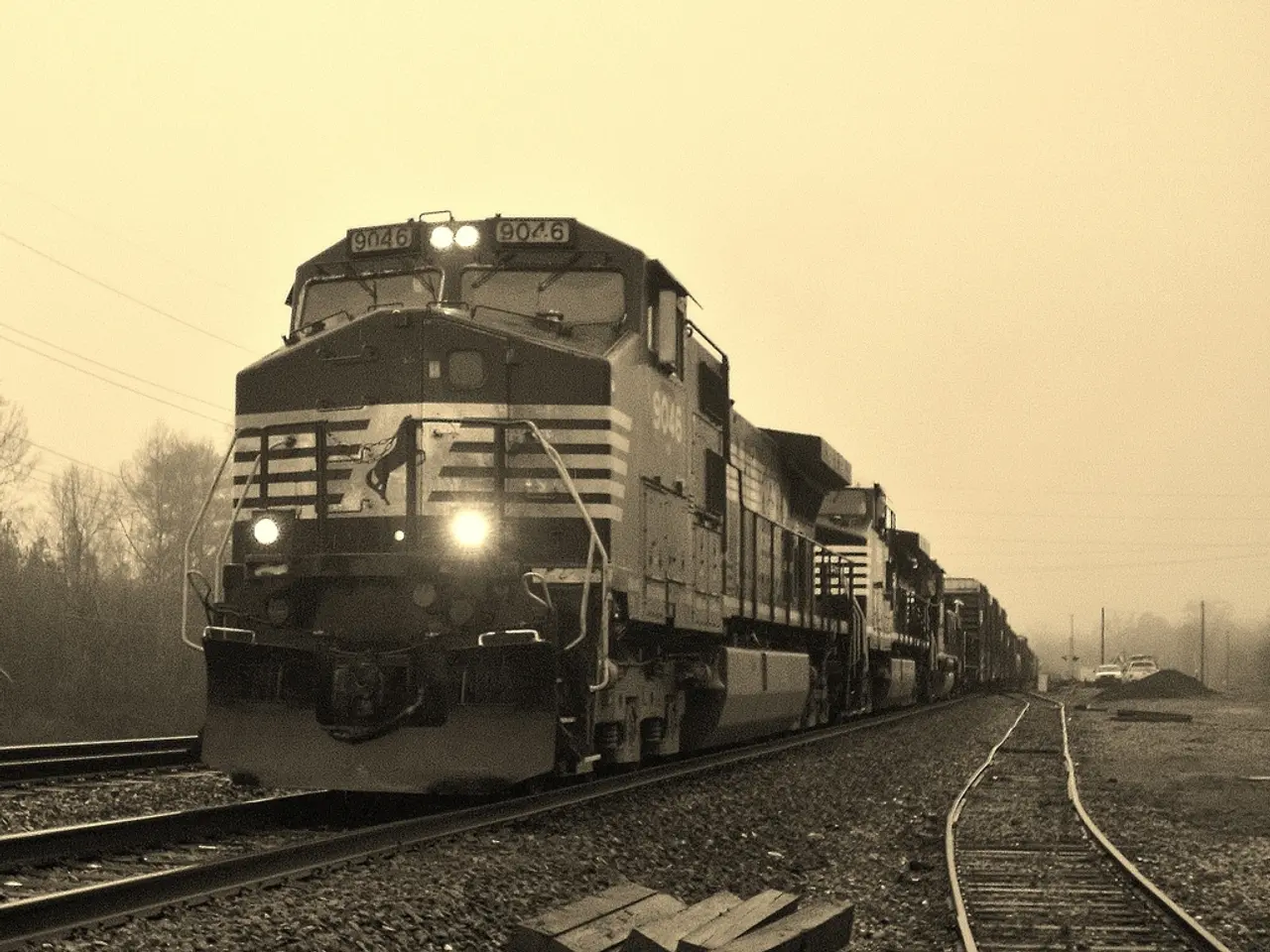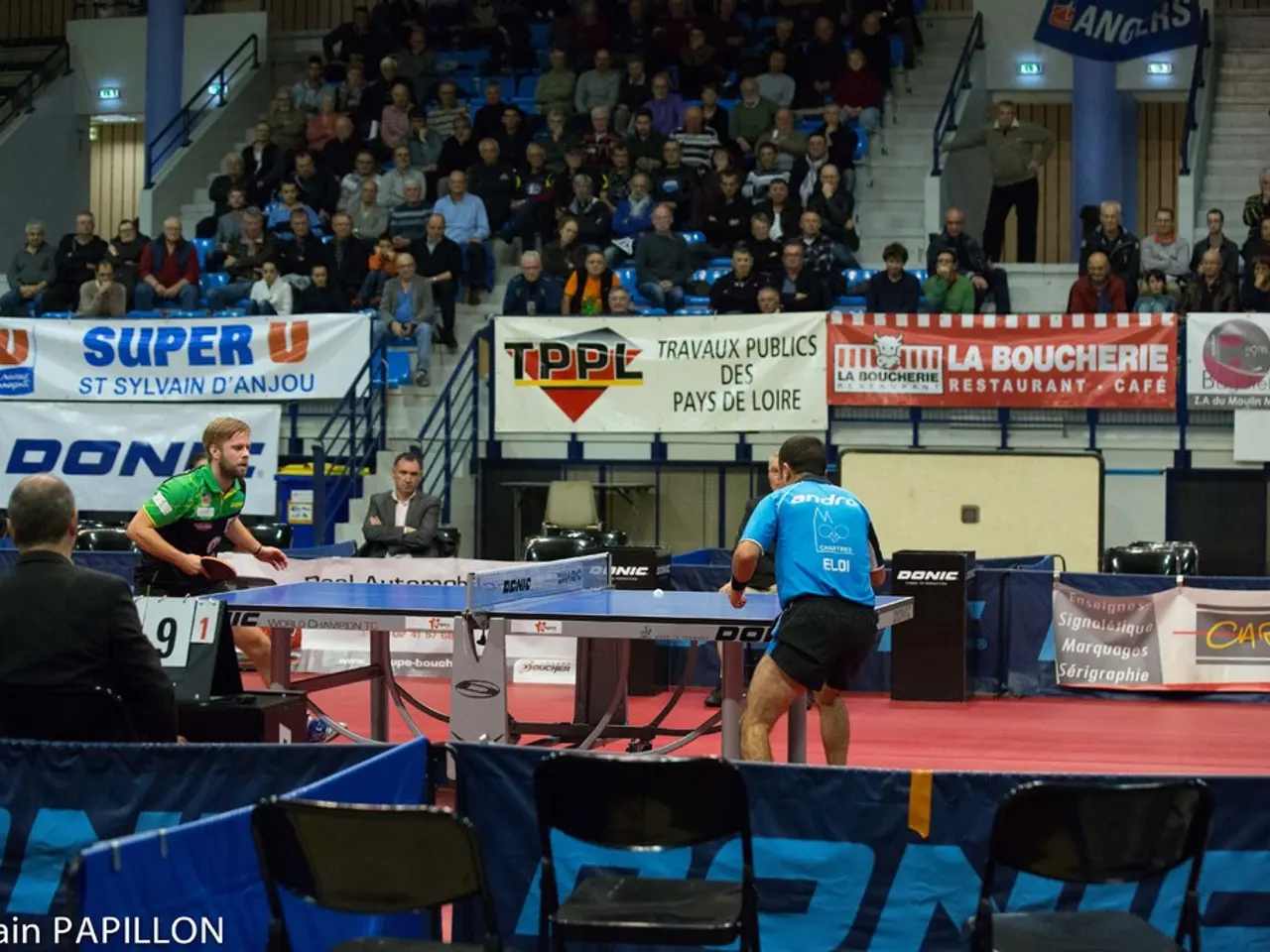Instigating Stationary Border Checks with Germany Commences by Poland - Border Verification Initiated: Poland Commences Stationary Inspections with Germany
Poland has reinstated temporary border controls with Germany and Lithuania as of July 7, 2025, in response to growing concerns about illegal migration and following similar measures imposed earlier by Germany. These controls affect 52 crossing points along the 467-kilometer border with Germany and 13 locations at the 104-kilometer border with Lithuania.
The controls were announced by Prime Minister Donald Tusk in late June 2025 and implemented on July 7. The measures initially last for 30 days but may be extended. Poland’s Interior Minister Tomasz Siemoniak stated that the focus is on targeting illegal smuggling of migrants, especially in buses, minibuses, and vehicles with many passengers or tinted windows, while ordinary travelers are not intended to be affected. Lithuania has prepared to handle possible traffic congestion at its border with Poland to minimize disruptions.
The decision follows Germany’s introduction of border controls with Poland and the Czech Republic since 2023 to combat illegal migration, with Germany accusing some migrants of crossing illegally and allegedly pushing them back to Poland. Far-right groups in Poland claimed that Germany was transporting migrants into Poland after they reached Western Europe. German Chancellor Friedrich Merz has denied these allegations.
Poland emphasizes a need for symmetrical, united action among Schengen neighbors to manage migration, but the reinstatement highlights tensions and raises concerns about the future of free movement in the Schengen Area. Katarina Barley, Deputy President of the European Parliament, characterized Poland’s decision as a "retaliation" to Germany’s border measures. She warned about a "domino effect" pushing the Schengen system to its limits.
Germany maintains its position on controlling illegal migration and denies accusations of transferring migrants to Poland. Poland’s government insists the controls are necessary for security and migration management but stresses they are temporary and targeted measures, aiming to maintain freedom of movement where possible.
In conclusion, Poland’s border control measures with Germany and Lithuania are a temporary but significant response to migration and security concerns, reflecting rising tensions within the Schengen zone. The EU and involved countries express concern about the potential weakening of free movement principles, highlighting the delicate balance between security and open borders.
In light of the increasing concerns about illegal migration, Poland's Prime Minister Donald Tusk announced the reinstatement of temporary border controls with Germany and Lithuania, addressing smuggling of migrants and aiming to maintain order at the border. This decision follows Germany's previous border controls with Poland and the Czech Republic, inciting disputes within the Schengen zone and raising questions about the future of free movement in the area. The European Parliament, led by Deputy President Katarina Barley, has expressed concern over the potential domino effect this could have on the Schengen system.








